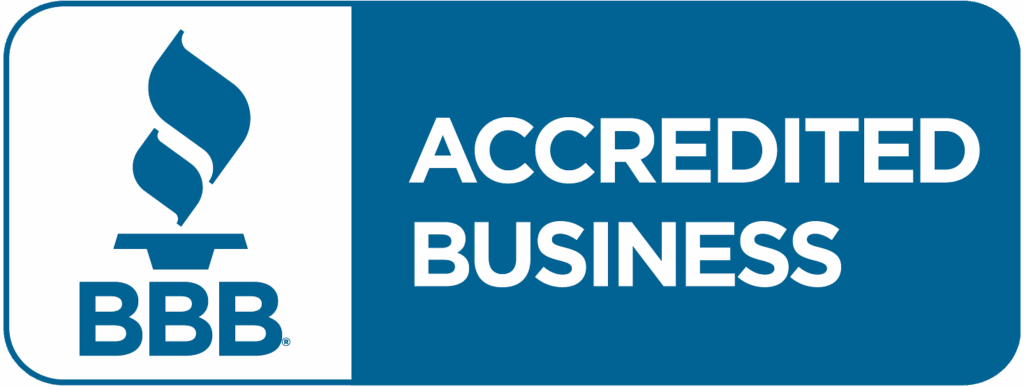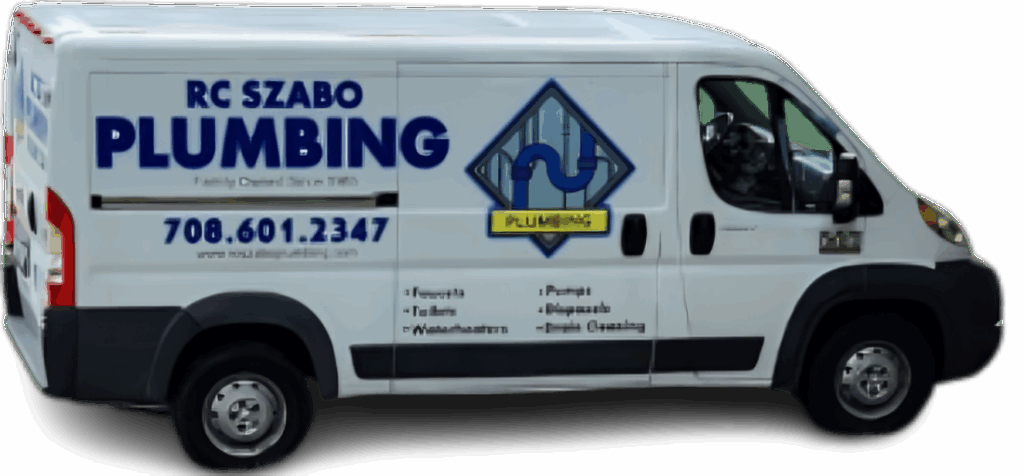As professional plumbers, it’s crucial to dispel common plumbing myths that could potentially lead to costly repairs or misunderstandings. Let’s dive into the world of plumbing and debunk 7 common myths to ensure you have the knowledge to protect your pipes and your wallet!
Myth #1: Lemons Clean Your Garbage Disposal
– While lemons may leave a fresh scent in your disposal, they can actually corrode the metal components.
– Opt for ice cubes or baking soda to effectively clean and maintain your garbage disposal.
Myth #2: Running Water While Using the Garbage Disposal Is Necessary
– Contrary to popular belief, running water alone won’t effectively flush waste through the disposal.
– It’s essential to run water during and after using the disposal to ensure proper waste removal.
Myth #3: In-Tank Cleaners Are the Best Way to Keep Your Toilet Clean
– In-tank cleaners might seem like a convenient solution, but they can actually damage your toilet’s internal components.
– Regular cleaning with a toilet brush and mild cleaners is the safest and most effective way to keep your toilet clean.
Myth #4: Flushable Wipes Are Safe for Your Plumbing
– Despite their name, flushable wipes can clog your pipes and cause serious plumbing issues.
– Stick to toilet paper to prevent expensive clogs and backups in your plumbing system.
Myth #5: You Can Use Hot Water to Unclog Grease Build-Up in Drains
– Hot water might temporarily clear grease in your drains, but it can solidify as it cools down and create stubborn clogs.
– Use a mixture of vinegar and baking soda or call a professional for thorough grease removal.
Myth #6: A Plunger Can Fix Any Clog
– While plungers are effective for minor clogs, they may not work for severe blockages caused by foreign objects or tree roots.
– If a plunger doesn’t solve the issue, it’s best to call a professional plumber to prevent further damage.
Myth #7: It’s Normal for Faucets to Drip Occasionall
– A dripping faucet might seem harmless, but it can waste hundreds of gallons of water and increase your utility bills.
– Address a dripping faucet promptly to save water and prevent potential damage to your plumbing fixtures.
By debunking these common plumbing myths, you’re equipped with the knowledge to maintain a healthy plumbing system and avoid unnecessary repairs. Remember, when in doubt, consult a professional plumber to address any concerns and keep your pipes in top shape!



